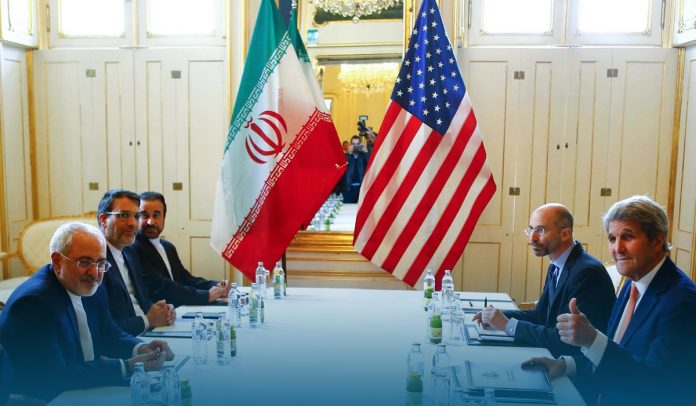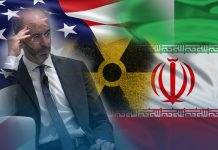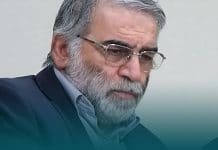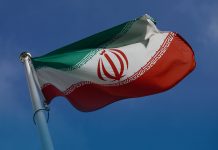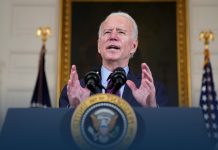Early on Sunday, Iran condemned a blackout at its underground Natanz nuclear facility as a move of atomic terrorism and said Tehran reserves the right to respond but didn’t specify who was accountable and how Iran may respond.
The nation’s top nuclear official says a nuclear facility in Iran was hit by sabotage a day after it revealed new uranium enrichment equipment.
On April 11, the head of the Atomic Energy Organization of Iran, Ali Akbar Salehi, said that the action against the Natanz nuclear enrichment facility shows the defeat of the opponents of the nation’s industrial and political developments in preventing the atomic industry’s significant development.
DUBAI, United Arab Emirates (AP) — State TV: Head of Iran civilian nuclear program calls blackout at Natanz nuclear facility sabotage, ‘nuclear terrorism
— Jonathan Lemire (@JonLemire) April 11, 2021
Ali Akbar Salehi didn’t say who was to blame for the terrorist movement, which began a power failure at the Natanz complex south of Tehran on April 11. However, Israeli public media cited intelligence sources who stated it was the effect of an Israeli cyber-attack.
Israel hasn’t given any comment on the incident directly.
But in recent days, it has ramped up its cautions about Iran’s atomic program. The incident comes as diplomatic attempts to revive a 2015 nuclear agreement, abandoned by the United States under the Trump government in 2018, have resumed.
Iran’s Response
Iranian President Hassan Rouhani inaugurated Saturday new nuclear centrifuges at the Natanz site in a ceremony that was broadcast live on television. At the same time, centrifuges are devices needed to produce enriched uranium, making reactor fuel and nuclear warheads.
Moreover, it represented an additional breach of the nation’s undertakings in the 2015 accord, which only authorizes Iran to produce and store limited quantities of enriched uranium to produce fuel for commercial power plants.
Behrouz Kamalvandi, a spokesman for AEOI, said Sunday that a recent happening in the morning involved the nuclear facility’s power network.
Mr. Kamalvandi didn’t provide further details but told Iran’s Fars news agency there had been no casualties.
Later, state Television read out a statement by Ali Akbar Salehi, in which he described the occurrence as sabotage and nuclear terrorism. Moreover, he was quoted as saying that condemning this despicable action, Tehran emphasizes the need for the international community and the (IAEA) International Atomic Energy Agency to deal with this nuclear terrorism.
Moreover, he said that the Islamic Republic of Iran reserves the right to take action against the committers.
The IAEA stated it was aware of the incident reports but wouldn’t comment.
In July 2020, sabotage was blamed for a fire at the Natanz site, which hit a central nuclear centrifuge assembly workshop.
The basics of the Iran Nuclear Crisis
World powers believe Tehran wants nuclear power because it wants to build a nuclear bomb.
In 2015, Iran and 6 other nations reached a significant deal. Iran would halt some nuclear work in return for an end to harsh sanctions, hurting its economy.
Now the problem is Iran re-started banned nuclear work after former American President Trump pulled out of the agreement and re-imposed sanctions on the Islamic Republic of Iran. Even though new leader Biden wants to rejoin, both sides say the other must make the first action.
Later on April 11, Israeli PM Benjamin Netanyahu said that the struggle against Iran and its proxies and the Iranian armament efforts is a vast mission.
The Iranian nuclear arrangement, known as the Joint Comprehensive Plan of Action (JCPOA), has been in intensive care since Trump pulled the United States out of it. Whereas, under the Joe Biden government, diplomatic efforts have been intensified to revive it.
But Netanyahu has cautioned against returning to the agreement and declared last week that a new deal with Iran wouldn’t bind Israel.
What happened to the Iran Nuclear Agreement?
The nuclear agreement only permits Iran to produce and store confined quantities of uranium enriched up to 3.67 percent concentration. Uranium enriched to 90 percent or more can be used to make nuclear arms.
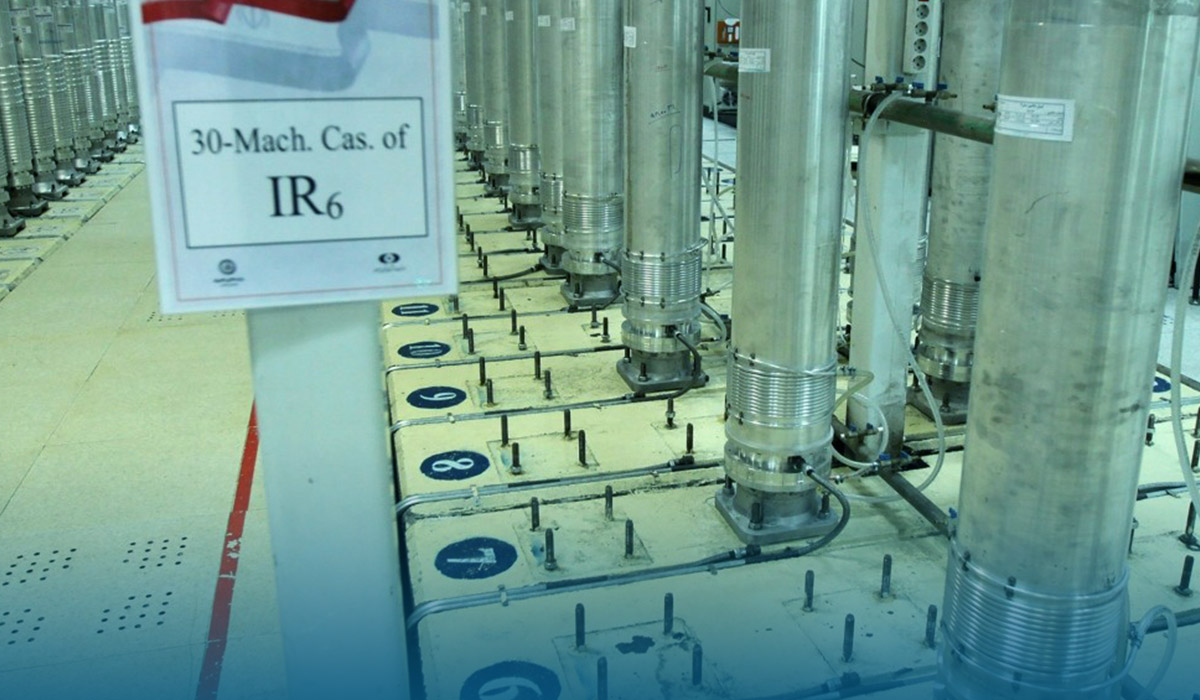
Source: Web
Donald Trump said the nuclear agreement was based on a giant fiction that a murderous regime desired only a peaceful atomic energy program and re-instated crippling economic sanctions to compel Tehran to negotiate a replacement.
Iran, which asserts it does not want nuclear weapons, refused to do so and retaliated by rolling back several essential commitments under the accord.
It has since accelerated the breaches in a try to raise pressure on America. They have included operating advanced nuclear centrifuges to enrich uranium, resuming enrichment to 20 percent concentration of the most fissile Uranium-235 isotope.
Read Also: Iran’s Hassan Rouhani says Vienna talks open ‘new chapter’ in Nuclear Talks

